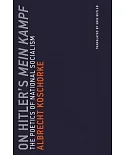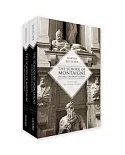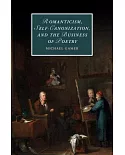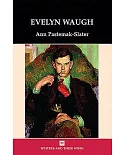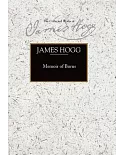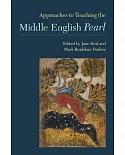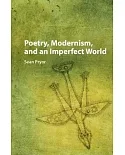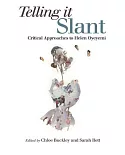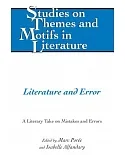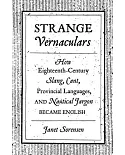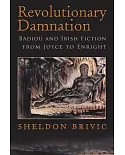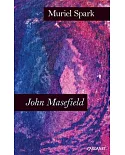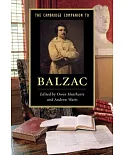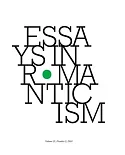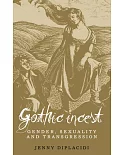The nineteenth-century novel has always been regarded as a literary form pre-eminently occupied with the written word, but Ivan Kreilkamp shows it was deeply marked by and engaged with vocal
performances and the preservation and representation of speech. He offers a detailed account of the many ways Victorian literature and culture represented the human voice, from political
speeches, governesses' tales, shorthand manuals, and staged authorial performances in the early- and mid-century, to mechanically reproducible voice at the end of the century. Through readings
of Charlotte Bront�竄, Browning, Carlyle, Conrad, Dickens, Disraeli and Gaskell, Kreilkamp reevaluates critical assumptions about the cultural meanings of storytelling, and shows that the figure
of the oral storyteller, rather than disappearing among readers' preference for printed texts, persisted as a character and a function within the novel. This innovative study will change the
way readers consider the Victorian novel and its many ways of telling stories.


